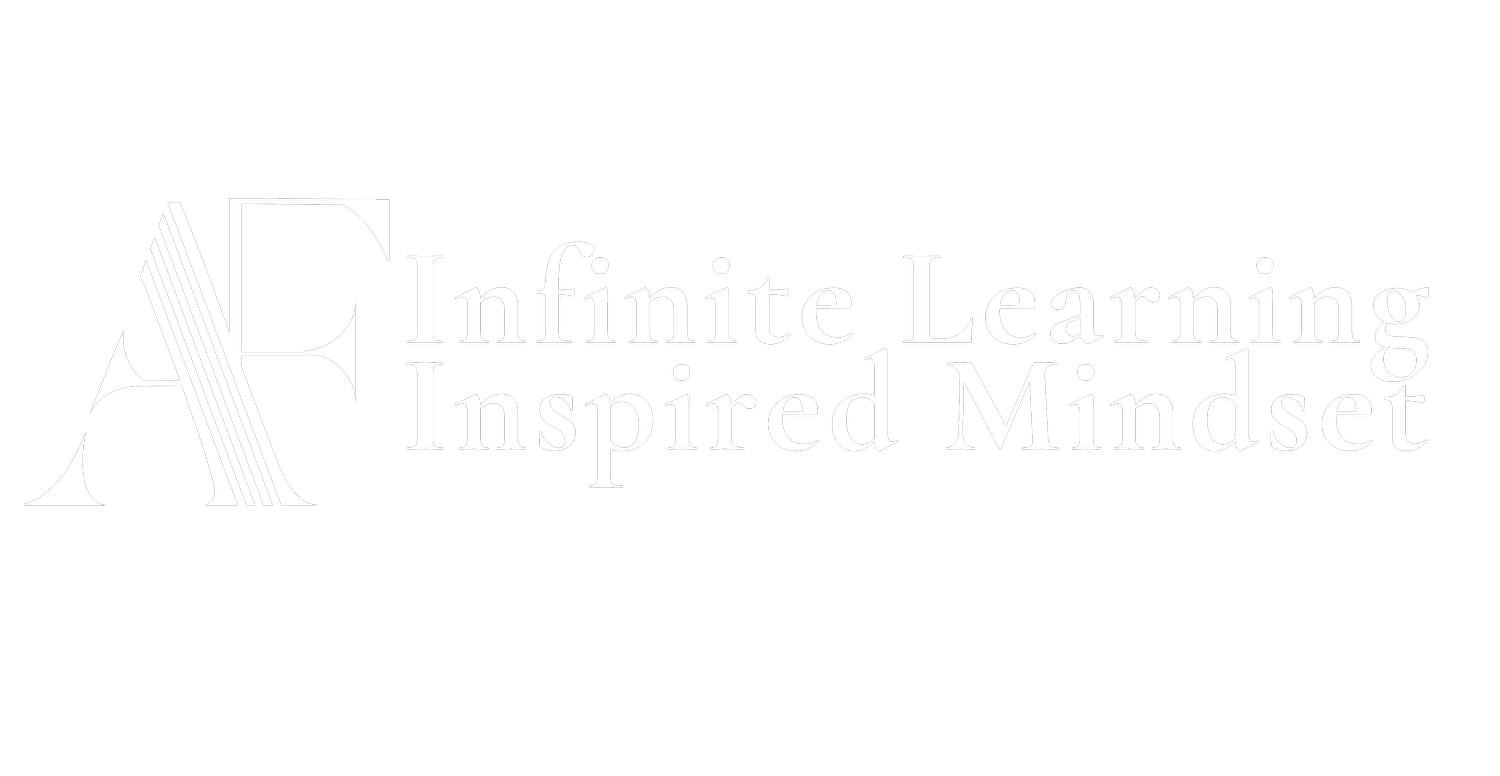The Agile Mindset: Learning for the Future
This article was originally published on The Huffington Post.
This blog is the second of a five-part series looking at how the Agile Mindset at Becker College prepares students for jobs that do not yet exist. The first entry in this collection provided an overview of the college’s affirmation of the Agile Mindset as the academic foundation that equips students to navigate change and create value in an ambiguous future. That post also gave historical insights and data on the impactful transition from the old to the new economy and focused on the continued impact on careers and the way we work.
The old economy of the not-so-distant past was characterized by certainty and routine. The production and distribution of resources were controlled by hierarchical entities that managed teams to achieve economies of scale. In today’s world of accelerated change, technology is leveling the knowledge playing field, affording more people the opportunity to produce beyond established resources. Educating and training individuals for this new jobscape is a challenge higher education must face head on.
Knowledge, and the Power of Learning
A statement from an institution of higher education affirming an approach to education that values knowledge, and the power of learning probably appears unnecessary. However, a closer look at education in the context of this watershed moment in history reveals a need to reexamine the distinction between the closely related concepts of knowledge and learning, and the rapidly rising value of the latter in the new economy.
Nearly half of the current jobs in the United States will likely disappear within the next two decades, according to a frequently cited Oxford University study, but new ones will be created. These jobs will be filled by those with a futureproof and machineproof education that repels the forces of automation and atomization. The 20th-century philosopher and author, Eric Hoffer, succinctly explains this notion:
“In a time of drastic change it is the learners who inherit the future. The learned usually find themselves equipped to live in a world that no longer exists.”
Today, people from every corner of the globe have access to information, and the tools and technology to apply knowledge however they wish. With increasingly easier and faster access to information and the digitization of the economy, the linear, one-way transfer of knowledge found in American education is no longer sufficient, and expectations of college graduates are evolving. Students must be prepared to engage in a cycle of continuous learning over the span of their lifetimes. It is not just about what or how much they know anymore, but rather their ability to apply what they know in changing, often chaotic and uncertain environments.
It is becoming clear that people’s employability is becoming dependent on their learnability. Technical skills or knowledge in a particular area of expertise are still important. But employers are interested in people who can keep learning new skills, even if they are not linked to their defined job. The handwriting is on the wall. The future of work is learning.
A Curriculum for Constant Learning
Six years ago, Becker College took pragmatic steps to not just meet that future, but to prepare its students to shape it. The college has redesigned its general education curriculum and realigned its academic programs. Intentionally cultivating learning agility in students will enable them to adapt and create new value, even when faced with the ambiguity that comes in times of profound transition. Higher education needs to adapt its academic and workforce training offerings to give students the knowledge they need to learn their whole lives. Take the Business Administration program at Becker for example.
In addition to time tested and known business principles, business students now interact with a curriculum based on value creation in which rapid industry disruption cycles and rising computerized automation of knowledge are the norm. This is a huge shift in both what and how students learn. Rather than the entire focus being on how business functions are administered, focus is placed on how businesses find a need, create an offering, leverage infrastructure, and connect with a customer to create, deliver, and capture value. Using the Agile Mindset tenets of empathy, divergent thinking, an entrepreneurial outlook, and social and emotional intelligence, Becker students are ready for a future of disruption, change, and most importantly, constant learning.
Becker’s general education curriculum stresses the importance of these tenets and can be applied to any discipline. This adaptability has long been championed by an American liberal arts education and its benefits cannot be overstated, but as the college continues to prepare its students and curricula for the future of work, we must identify limitations to the liberal arts. Becker looks to operationalize the liberal arts through the Agile Mindset to give students all the skills they need to succeed.

